House and Powers
Speaker

The principal officer of the House is the Speaker. A member is elected to that position by the House and it is his or her responsibility to preside over the proceedings and enforce the Standing Orders and Rules. The Speaker is also the representative of the House in dealings with the Governor and with the Legislative Council.
The Speaker must carry out his or her duties with strict impartiality. All members look to the Speaker for guidance in matters of procedure and the Speaker rules on points of order from the Chair.
The office of Speaker dates back to 1377 in the House of Commons. At that time the role of Speaker was to convey the resolutions of the House to the King. The position has been a precarious one at times with several Speakers having lost their lives while carrying out their duties. Between the 14th and 16th centuries several were beheaded by the King. The modern role of Speaker was developed in the 18th century. Established during that period were the high standards of political independence, non-partisanship and concern for the individual member and minority groups which today are taken for granted as essential prerequisites for the office of Speaker.
The Speaker is assisted in his or her duties by the Chair of Committees, who takes the Chair as Deputy Speaker when required to do so by the Speaker.
List of Speakers of the House of Assembly
Members of the House of Assembly
There are 35 Members of the House of Assembly, with seven Members elected for each of the divisions.
Members of the House of Assembly are elected for a four year term.
List of Members of the House of Assembly
Clerk of the House

The Clerk of the House is the principal permanent officer of the House of Assembly. It is his or her responsibility to advise the Speaker and other members on procedural matters, as well as to keep the journals of the House, i.e. the Votes and Proceedings, and the Notices of Motion and Orders of the Day.
The Clerk acts as Chair of a meeting prior to the election of a Speaker. The Clerk is required to certify the passing of bills and ensure they are correct when delivering them to the Legislative Council. The Clerk also has custody of all papers and accounts presented to the House.
The other principal permanent officers are the Deputy Clerk, Clerk-Assistant & Sergeant-at-Arms, and Second Clerk-Assistant.
Hansard
The Parliamentary Reporting Service, more commonly known as Hansard, was set up in Tasmania in 1979. The role of Hansard is to record and publish the debates of both the House of Assembly and Legislative Council and their committees. The Tasmanian system is that the debates are digitally recorded are then typed, edited and given to the members for their perusal, and then published via the Parliament's internet page - https://www.parliament.tas.gov.au/.
Hansard is a valuable service for the public as it enables them to follow the parliamentary debates and to assess the performance of their representatives in Parliament.
